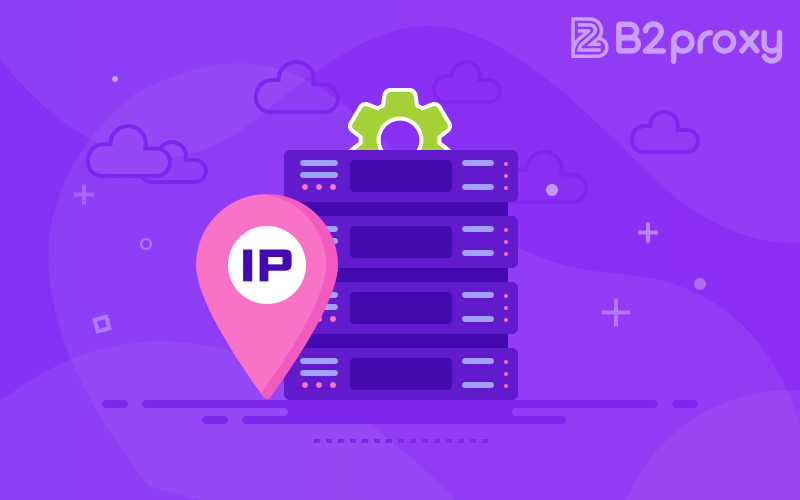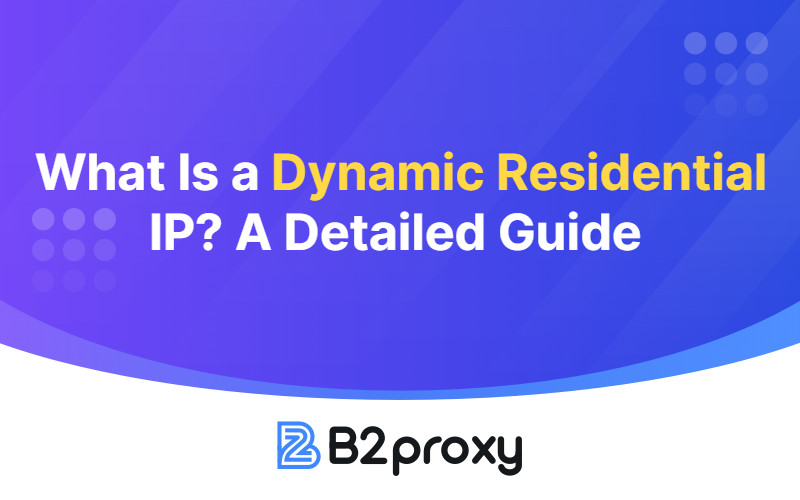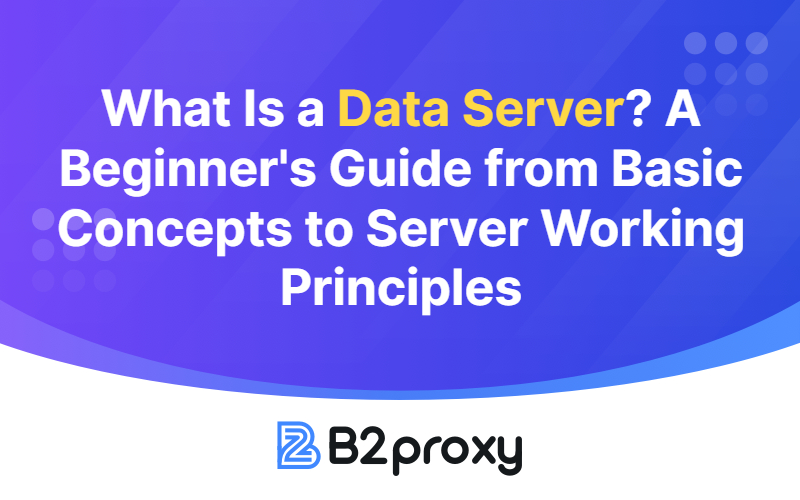Top Proxy Protocols Compared: HTTP, HTTPS, and SOCKS5 Performance Explained
 September 28.2025
September 28.2025

<p>In cross-border e-commerce, data scraping, and multi-account management, choosing the right proxy protocol is crucial for network stability and data security. The most common protocols are <strong>HTTP</strong>, <strong>HTTPS</strong>, and <strong>SOCKS5</strong>, each with distinct strengths and use cases. Understanding these differences helps businesses and individuals make informed choices.</p><p><br></p><p><strong>1. HTTP Proxy: Basic and Efficient</strong></p><p class="ql-align-justify">HTTP proxies are widely used for handling standard HTTP requests. They are easy to set up and fast, making them ideal for routine browsing and basic data scraping. However, without encryption, HTTP proxies are less secure for sensitive tasks.</p><p class="ql-align-justify"><br></p><p class="ql-align-justify"><strong>2. HTTPS Proxy: Enhanced Security</strong></p><p class="ql-align-justify">HTTPS proxies build on HTTP by adding SSL/TLS encryption, protecting data from interception or tampering. This makes them suitable for handling personal information, online transactions, and cross-border e-commerce. Although encryption can slightly reduce speed, the security benefits outweigh the minor performance cost.</p><p class="ql-align-justify"><br></p><p class="ql-align-justify"><strong>3. SOCKS5 Proxy: Flexible and Versatile</strong></p><p class="ql-align-justify">SOCKS5 proxies can handle any type of traffic—HTTP, HTTPS, FTP, P2P—and support authentication and firewall traversal. They are ideal for scenarios requiring high anonymity and diverse traffic types, such as game acceleration, large-scale scraping, or multi-account operations. While setup is more complex, the flexibility and compatibility make it a strong choice.</p><p class="ql-align-justify"> </p><p class="ql-align-justify"><strong>4. Choosing the Right Protocol</strong></p><p class="ql-align-justify">● <strong>Basic browsing or light scraping</strong>: HTTP proxies suffice.</p><p class="ql-align-justify">● <strong>Sensitive data or financial transactions</strong>: HTTPS proxies are safer.</p><p class="ql-align-justify">● <strong>High anonymity or multi-purpose traffic</strong>: SOCKS5 proxies are recommended.</p><p class="ql-align-justify"> </p><p class="ql-align-justify">In addition to selecting the right protocol, choosing a reliable provider is essential. A quality<a href="https://www.b2proxy.com/" rel="noopener noreferrer" target="_blank"> <strong>web proxy</strong></a> service offers global nodes and stable bandwidth, maximizing protocol performance. Users seeking stronger privacy can also consider an <a href="https://www.b2proxy.com/pricing/residential-proxies" rel="noopener noreferrer" target="_blank"><strong>anonymous proxy</strong> t</a>o ensure traffic is not tracked globally.</p><p class="ql-align-justify"> </p><p class="ql-align-justify"><strong>Conclusion</strong></p><p class="ql-align-justify">HTTP, HTTPS, and SOCKS5 each have unique features and applications. Understanding their differences and using a dependable proxy service ensures safe, efficient, and stable network operations for cross-border business, data scraping, and multi-account management.</p>
You might also enjoy

What Is a Dynamic Residential IP? A Detailed Guide to Cross-Border E-commerce Account Isolation and Risk Control Solutions
Breaks down dynamic residential IPs, highlighting their role in account isolation, risk control, and building secure cross-border e-commerce systems.
February 27.2026
How to Access TorrentGalaxy Stably? 2026 Latest Working Links and Proxy Solutions Explained
A practical 2026 guide to accessing TorrentGalaxy reliably, explaining domain shifts, ISP restrictions, proxy methods, and security considerations.
February 27.2026
What Is a Data Server? A Beginner's Guide from Basic Concepts to Server Working Principles
Beginner's guide to data servers, covering core concepts, working principles, architecture, stability factors, and future cloud-driven trends.
February 26.2026







